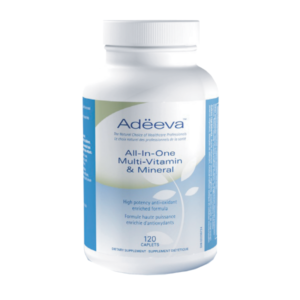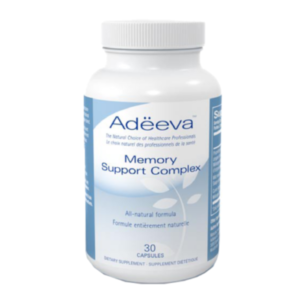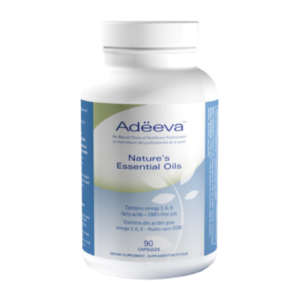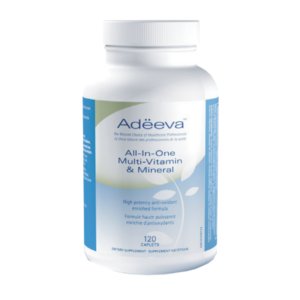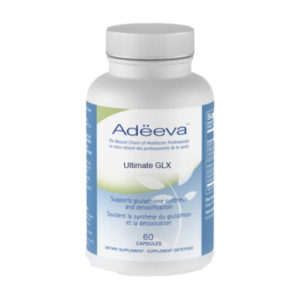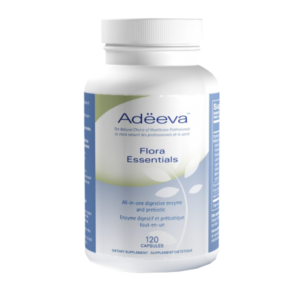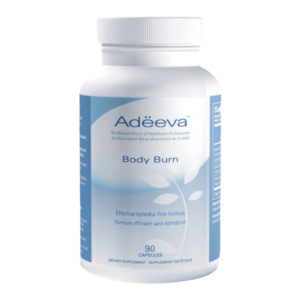
Illuminating Insights: Vitamin D's Guardian Role Against Dementia
Source: Journal Alzheimer’s & dementia: Diagnosis, Assessment & Disease Monitoring. March 1, 2023
Lifestyle Medicine Update (March 15, 2023)
Introduction:
In a groundbreaking study published on March 1, 2023, in Alzheimer’s and Dementia, the power of vitamin D in defending against dementia in older adults was unveiled. Over a decade, 12,388 participants experienced a 40% reduction in dementia cases with daily vitamin D supplementation. Gender differences and genetic factors, notably the APOEe4 gene, played significant roles. The study also explored a holistic defense, including brain-supporting mushrooms and a comprehensive supplement regimen. This nutritional odyssey emphasizes the multifaceted approach to dementia prevention.
A Beacon of Hope: March 2023 Vitamin D Revelation
- Unveiling the Study
In the ever-evolving landscape of health, a beacon of hope emerged with a groundbreaking study published on March 1, 2023, in the esteemed journal Alzheimer’s and Dementia: Diagnosis, Assessment & Disease Monitoring. This study revealed a robust association
between daily vitamin D supplementation and the remarkable defence against dementia in older adults.
The Radiant Shield: Vitamin D’s Protective Symphony
- Living Dementia-Free: A Prolonged Prelude
The study, spanning a decade and embracing 12,388 participants, aged 71 on average, embarked on an exploration of vitamin D’s protective prowess. The findings resonated with a resounding declaration—those who embraced vitamin D supplements lived dementia-free for an extended period. Astonishingly, a 40% reduction in reported dementia cases gleamed among avid vitamin D supplement users.
- Gendered Resonance: A Note on Significance
The effects echoed with a nuanced melody, revealing a more pronounced impact on women. A harmonious symphony unfolded, underscoring the gender-specific dimensions of vitamin D’s shield against dementia.
- Genetics in the Spotlight: APOEe4 Gene’s Interplay
The stage widened to illuminate the interplay with genetics. A poignant revelation surfaced—the protective effects of vitamin D were notably amplified in individuals devoid of the APOEe4 gene, a notorious harbinger of heightened Alzheimer’s risk.
A Mosaic of Defence: The Holistic Tapestry
- Mushrooms and Beyond: A Comprehensive Defence
The narrative unfolded beyond theconfines of vitamin D. A panoramic view encompassed the multifaceted defence against Alzheimer’s, weaving a tapestry that embraced brain-supporting mushrooms—Lion’s Mane, golden mushroom, oyster mushroom, shiitake mushroom, and white button mushroom.
- Supplemental Symphony: Beyond Vitamin D
The symphony extended to the realm of supplements—an ensemble that harmonized with longevity. A daily regimen, post-55, included lecithin, a high-potency multiple vitamin and mineral, essential fatty acids, and a memory support supplement featuring CDP-choline, Phosphatidylserine, Huperzine A, and Bacopa monnieri.
Beyond the Horizon: Nutritional Odyssey
- Culmination of Wisdom: A Comprehensive Strategy
As the study on vitamin D unfolded, it beckoned us to appreciate the mosaic of prevention—an amalgamation of lifestyle choices, learning, exercise, and meticulous management of cholesterol, homocysteine, and blood pressure.
References:
- Ghahremani M. et al. [Vitamin D supplementation and the incident dementia: Effects of sex, APOE, and baseline cognitive status.](https://alz-journals.onlinelibrary.wiley.com/doi/full/10.1002/dad2.12404) Alzheimer’s & Dementia: Diagnosis, Assessment & Disease Monitoring. March 1, 2023.
- Taking vitamin D could help prevent dementia.[Neurosciencenews.com](https://neurosciencenews.com/vitamin-d-dementia-22684/)
- Mori K et al.[Improving effects of the mushroom Yamabushitaki (Hericium erinaceus) on mild cognitive impairments: a double-blind placebo-controlled clinical trial.](https://pubmed.ncbi.nlm.nih.gov/18844328/) Phytother Res. 2009; 23 (3): 367-72.
- Lei Feng, Irwin Kee-Mun Cheah, Maisie Mei-Xi Ng, Jialiang Li, Sue Mei Chan, Su Lin Lim, Rathi Mahendran, Ee-Heok Kua, Barry Halliwell. [The Association between Mushroom Consumption and Mild Cognitive Impairment: A Community-Based Cross-Sectional Study in Singapore.](https://doi.org/10.3233/JAD-180959) Journal of Alzheimer’s Disease, 2019.
Eat Smart, Live Well, Look Great,
Dr Meschino
Recommended Supplements

Dr. James Meschino
ABOUT THE AUTHOR
Dr. James Meschino, DC, MS, ROHP, is an educator, author, and researcher having lectured to thousands of healthcare professionals across North America. He holds a Master’s Degree in Science with specialties in human nutrition and biology and is recognized as an expert in the field of nutrition, anti-aging, fitness, and wellness as well as the author of numerous books.

